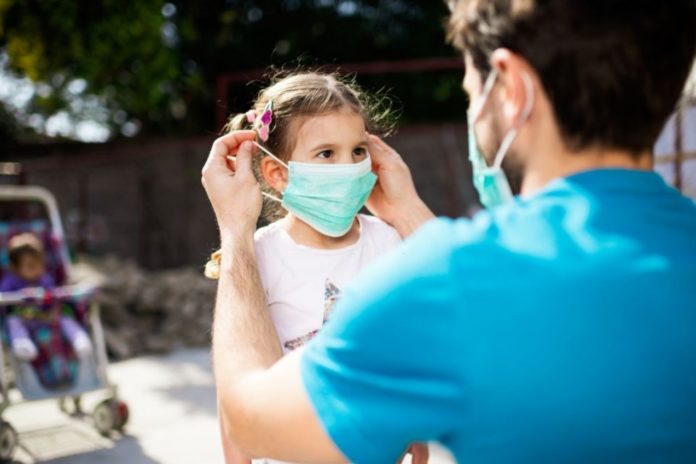Those who have suffered a severe covid, as well as people with weakened immune systems, should exercise maximum vigilance.
Experts from the University of Texas Health Science Center at Houston, along with colleagues from the Vanderbilt University Medical Center in Nashville, analyzed cases of reinfection with coronavirus, confirmed by positive PCR test results.
An article with generalized conclusions of scientists was posted on the preprints site medRxiv.org.
- Scientists in Fear of This New Predator From Red Sea Eating Native Species in Mediterranean
- Does This Mean We Stopped Being Animal and Started Being Human Due to ‘Copy Paste’ Errors?
- The One Lifestyle Choice That Could Reduce Your Heart Disease Risk By More Than 22%
- Aging: This Is What Happens Inside Your Body Right After Exercise
- Immune-Boosting Drink that Mimics Fasting to Reduce Fat – Scientists ‘Were Surprised’ By New Findings
The Polymerase chain reaction (PCR) method is considered the standard for detecting SARS-CoV-2 in samples from the upper and lower respiratory tract.
At the same time, according to a negative PCR test, it is impossible to unequivocally judge that a person has completely got rid of the coronavirus.
In about half of cases, PCR results become negative immediately after the symptoms disappear, and not after a complete cure.
In this regard, doctors cannot always tell if this is a new infection or a relapse of an old infection.
The researchers recruited 23 patients from the US electronic health records database who had repeated positive PCR test results accompanied by clinical symptoms of COVID-19 and were separated by an interval of more than 60 days with two consecutive negative tests.
Thus, the average age of those re-infected was 64.5 years, most of them smoked, were obese, and had immune disorders, as well as hypertension and diabetes.
Genomic analysis showed that reinfection took place in all cases. The interval between the first and second infection was 101 days on average.
Approximately 70% were hospitalized during both the first episode and the second.
The authors believe that re-infection is no less difficult than the first.
It is most susceptible to people with weakened immunity, suffering from renal failure or alcoholic liver damage, undergoing treatment for cancer, and after organ transplantation.
- Scientists in Fear of This New Predator From Red Sea Eating Native Species in Mediterranean
- Does This Mean We Stopped Being Animal and Started Being Human Due to ‘Copy Paste’ Errors?
- The One Lifestyle Choice That Could Reduce Your Heart Disease Risk By More Than 22%
- Aging: This Is What Happens Inside Your Body Right After Exercise
- Immune-Boosting Drink that Mimics Fasting to Reduce Fat – Scientists ‘Were Surprised’ By New Findings
Since the symptoms of the patients in both the first and the second cases of the disease were approximately the same, the scientists suggested that those who had had a mild or asymptomatic form could also get infected a second time, but their risk of a severe course was minimal.
Image Credit: Getty
